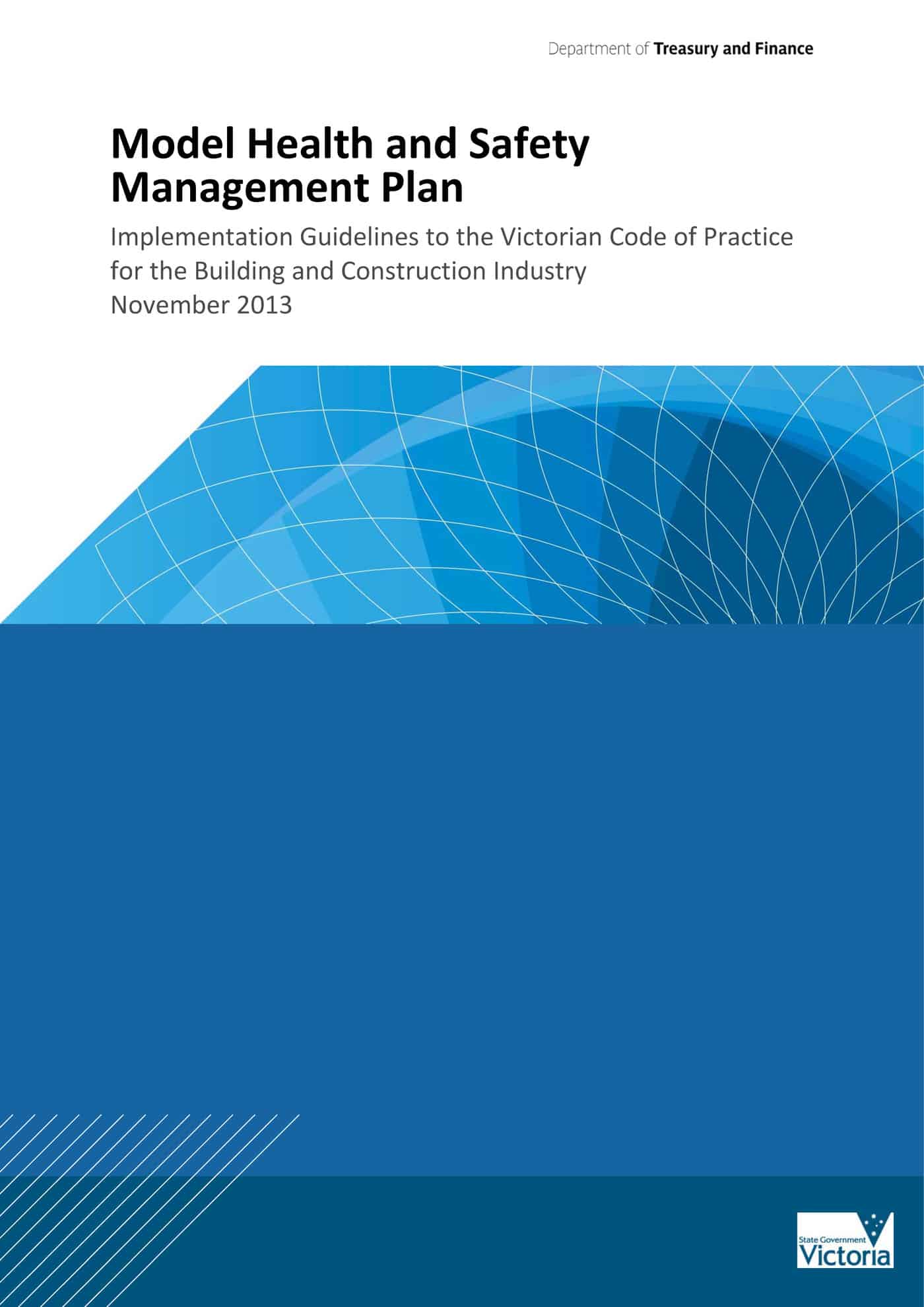Further to yesterday’s article about the Model Health and Safety Management Plan (MHSMP) being required by the Construction Compliance Code Unit (CCCU) in the Victorian Government, SafetyAtWorkBlog was provided with a copy of the submission of the Victorian Construction Safety Alliance* (VCSA). Tony Marino, the Chair of the VCSA, has granted permission for the covering letter to be quoted.
The covering letter to the submission made four major points:
- “Overall the requirements of the Model Health and Safety Management Plan (MHSMP) and Implementation Guidelines are excessive and require significant amount of reporting duplication, i.e. red tape. VCSA was of the opinion government agencies wanted to reduce red-tape.
- VCSA Suggest the CCCU has a MOU with other relevant agencies to receive safety data produced and sought by the Implementation Guidelines.

 Victoria’s
Victoria’s 
 As the 1 January 2014 implementation date for new
As the 1 January 2014 implementation date for new